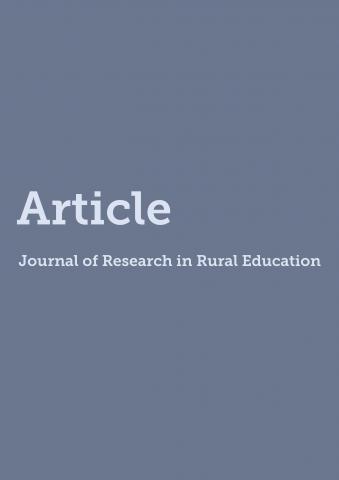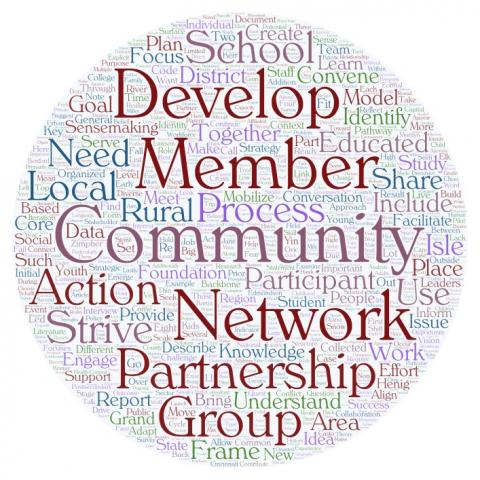Search Articles

book

book

book

book

book
Cross-sector, place-based, school-community partnerships seeking to improve educational and other outcomes at scale have experienced a resurgence in the United States. Rather than isolated efforts, this new generation relies on scaling up models in networks, such as Strive Together. However, many of these models evolved in urban contexts, creating challenges for scaling up in rural areas with fewer organizations, limited resources, and lower population density. Using conceptions of sensemaking as precursor for collective action, this case study examines the strategies used by partnership leaders in a rural county to make sense of Strive and the local community. By iteratively bringing together knowledge from outside and from within the community, leaders were able to shape the partnership in a way that supported action while continuing to build a shared understanding of needs on a regional level and the development of a regional identity across eight component school districts.

book

book

